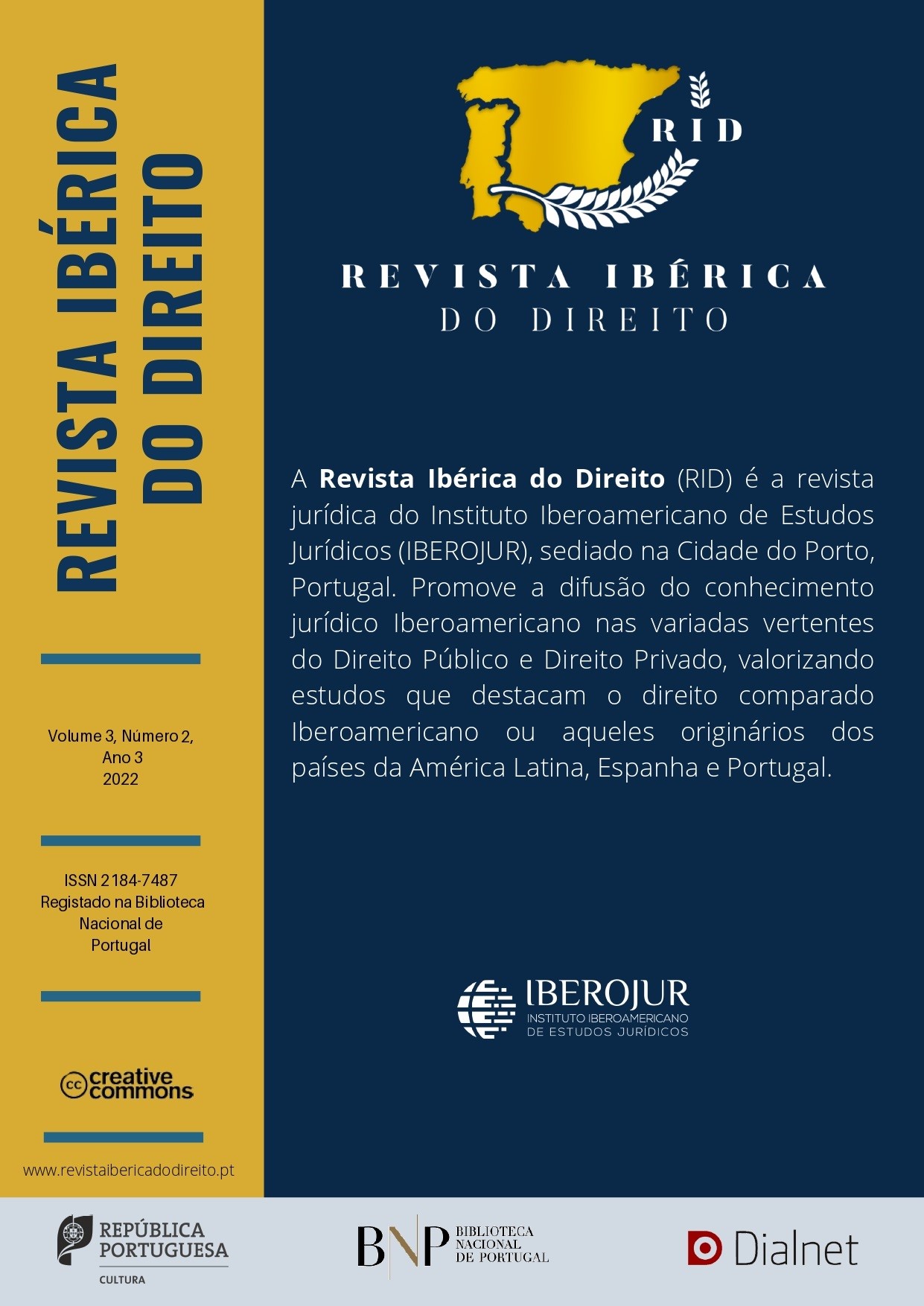A IMPOSSIBILIDADE DE HOMOLOGAÇÃO DE SENTENÇA PENAL ITALIANA, NO BRASIL QUE ESTABELEÇA PENA EM SENTINDO ESTRITO
Abstract
Abstract: This article aims to present a small flaw in the criminal prosecution of international crimes the involvement of two Sovereign States: Federative Republic of Brazil and Italian Republic. The impossibility of extradition of a native Brazilian by the Brazilian side, resulting from a constitutional retention, linked to the impossibility of homologation by the Brazilian Republic of a foreign sentence that establishes a penalty in the strict sense, is a factor that favors international criminality, promotes impunity, and weakens the relations between the mentioned countries. As an example of this constant problem in the internal legal order of the country, the case of former soccer player Robson de Souza, better known as ''Robinho'', who committed the crime of rape in the Republic of Italy, and exiled him if in Brazil. Thus, the former athlete cannot be extradited, due to a prohibition present in the Brazilian constitution of 1988, which is even petrified, and the constitution aimed at abolishing such clause cannot be amended, nor can the sentence that condemned him be ratified. in Brazil for the purpose of transferring the execution of the Sentence. This scientific article, therefore, also has the scope to trigger this legislative gap, and all the problems arising with it, in addition to exposing theoretical and practical elements regarding the Penalties system - Lato Sensu - in accordance with the penal legal system of the Federative Republic of Brazil.
Keywords: Extradition; International Criminality; Abroad Sentence Approval; Criminal Pursuit.
Published
Issue
Section
License
Copyright (c) 2023 Revista Ibérica do Direito

This work is licensed under a Creative Commons Attribution-NonCommercial-NoDerivatives 4.0 International License.
Este trabalho está licenciado sob uma Licença Creative Commons Attribution 3.0


